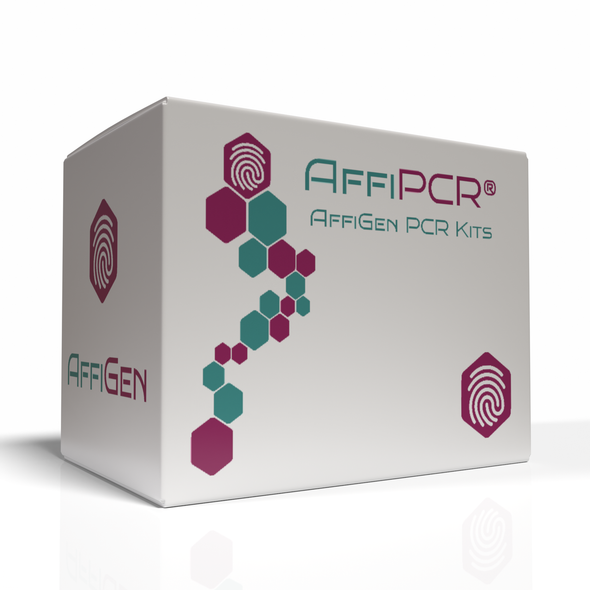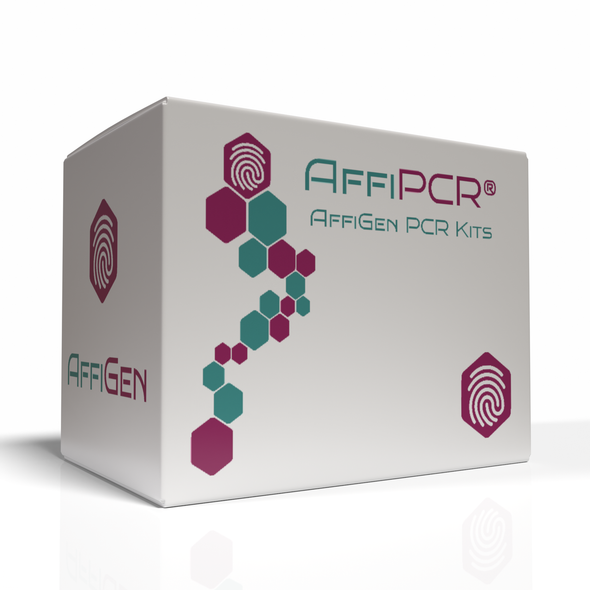BRAND
AffiPCR® Pseudomonas aeruginosa Quantitative Real Time PCR
- SKU:
- AFG-SCC-069
- Availability:
- IN STOCK
Description
AffiPCR® Pseudomonas aeruginosa Quantitative Real Time PCR | AFG-SCC-069 | AFFIGEN
Description: Real Time PCR kit for quantitative detection of Pseudomonas aeruginosaTarget Disease Type: Respiratory Infections
Specific Application: Pseudomonas aeruginosa
Storage and Shipping : on request
Pseudomonas aeruginosa Quant RT-PCR (CE) B76-50FRT DataSheet
INTRODUCTION
Pseudomonas is a gram-negative rod that belongs to the family Pseudomonadaceae. These Pseudomonas aeruginosas are widespread in nature, inhabiting soil, water, plants, and animals (including humans) . Pseudomonas aeruginosa has become an important cause of infection, especially in patients with compromised host defense mechanisms.
INTENDED USE
Pseudomonas aeruginosa Real-TM Quant kit is a Real-Time test for the Qualitative and Quantitative detection of Pseudomonas aeruginosa.
PRINCIPLE OF ASSAY
Pseudomonas aeruginosa Real-TM Quant kit is a Real-Time test for the Qualitative and Quantitative detection of Pseudomonas aeruginosa in the biological materials (sputum, aspirate from trachea, nasopharyngeal swabs, throat swabs, bronchoalveolar lavage, tissue) and in environmental samples (water, washes from environmental objects, biofilms scrapes, ground) .
DNA is extracted from samples, amplified and detected using fluorescent reporter dye probes specific for Pseudomonas aeruginosa DN and Internal Control IC. Internal Control (IC), added during the sample preparation serves as an amplification control for each individually processed specimen and to identify possible reaction inhibition.
Pseudomonas aeruginosa DNA amplification is detected on JOE (Yellow) /HEX/Cy3 channel, the IC DNA amplification is detected on FAM (Green) channel. Quantitative DNA analysis is based on the linear dependence between the cycle threshold (Ct) and the initial concentration of DNA target. Quantitative analysis is performed in the presence of DNA calibrators (samples with a known concentration of Pseudomonas aeruginosa DNA), which are added during amplification. The results of amplification of DNA calibrators are used to construct a calibration curve, on the basis of which the concentration of Pseudomonas aeruginosa DNA in samples determined. To minimize the effect of variation during material sampling, the quantitative results (Pseudomonas aeruginosa DNA concentrations) are normalized to the genomic DNA quantity.






